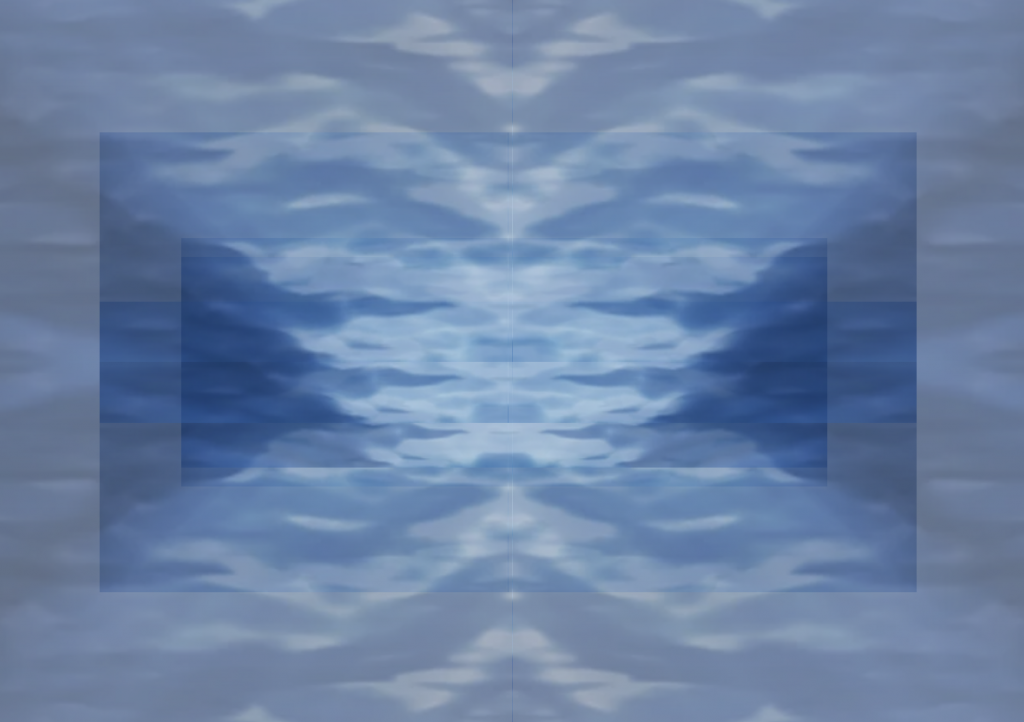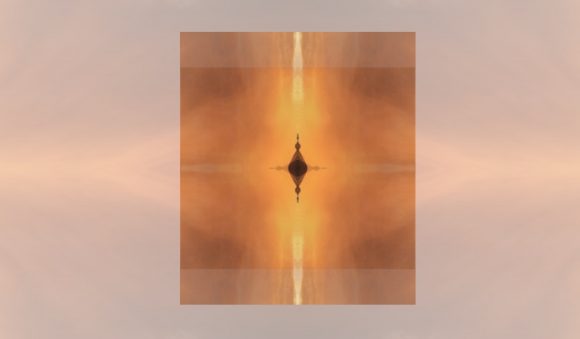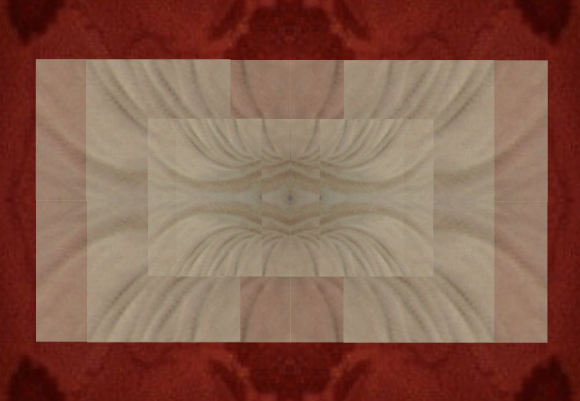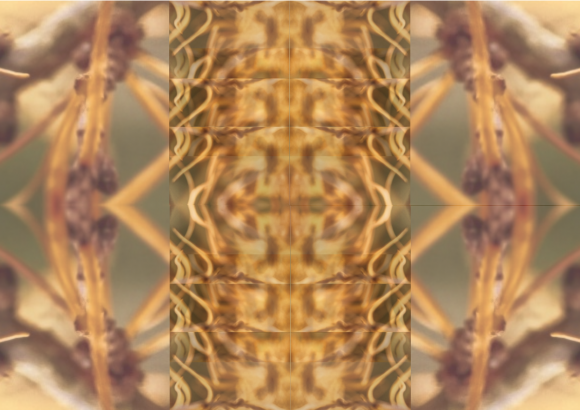In the spirit essay, Jung claims that spirit existed as a separate being prior and independent of human consciousness, and was integrated, over the course of evolution, into the latter. As separate form of being, according to Jung it had three major characteristics:
[…] first a spontaneous principle of movement and activity, secondly the property of free image creation independent of sense perception, and thirdly autonomous and sovereign manipulation of the images.
[…] erstens ein spontanes Bewegungs- und Tätigkeitsprinzip, zweitens die Eigenschaft der freien Bilderzeugung jenseits der Sinneswahrnehmung, und drittens die autonome und souveräne Manipulation der Bilder.
GW IX/I, §393.
This notion of spirit is thus in some sense similar to what we might call “the imagination”. Human imagination is supposed to generate images, especially new ones, i.e. it is supposed to be a creative facility, and then its scope might cover not just producing entirely new images, but also transforming them once they’re there. It is, in other words, precisely what is usually supposed to do the job Jung assigns to spirit. Are we then talking about the same thing? Is Jung merely using a different term (“spirit”) for what we normally would call “the imagination”?
Not quite. For Jung assigns the capacity to generate and transform images to the “original” spirit being, which he says was integrated gradually over centuries into human consciousness. If that is the case, then human imagination would be, for Jung, not at all a human capacity, neither an inherent nor an evolved one, but one that belongs to a separate form of being, and was merely usurped into a function that human consciousness can (sometimes) direct at will. The phrase “human imagination” is then rather a misnomer for something else, a separately existing force, which we can sometimes direct for our purposes, and which at other times simply directs us (i.e. possesses us). To call it “human” imagination would be a half-truth, similar to calling the strength of a horse a “human” strength: it’s still the animal’s strength, even if it is sometimes put in the service of a human, for riding or for carrying things around. That it still remains the animal’s can be seen clearly in cases when the horse demands its power back: when it panics and breaks out, ignoring anything a rider might do. If Jung’s view is correct, then imagination is not a human power any more than a horse’s power is.




